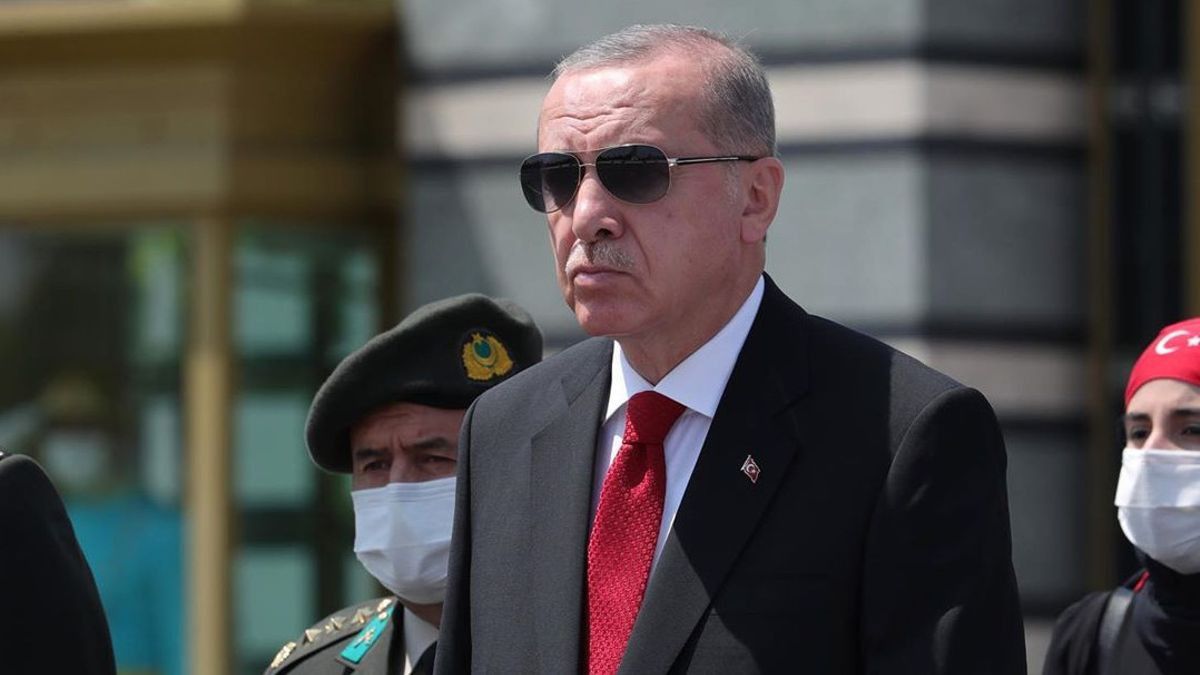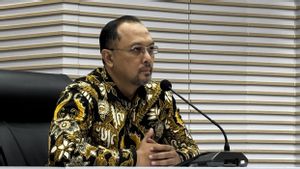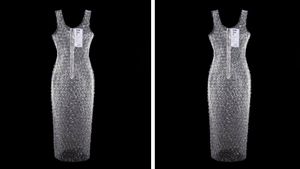JAKARTA - Turkish President Recep Tayyip Erdogan has asked Turkish citizens to stop buying products from France. The stern response showed Erdogan's anger at the caricatures of the Prophet Muhammad displayed in France which he considered an insult to Muslims.
In addition to Turkish citizens, Erdogan also voiced a boycott call for his colleagues. Erdogan, who has a history of bad relations with French President Emmanuel Macron, said France was pursuing an anti-Islam agenda.
"I call on all my citizens from here to never help French brands or buy them," Erdogan said.
In 2018, Erdogan also called for a boycott. At that time the boycott was aimed at products from the United States (US).
Erdogan has now joined the chorus calling for a boycott. Several Arab countries have previously boycotted French products.
In Kuwait, a supermarket has removed its shelves of L'Oreal cosmetics and skin care products after the cooperative union that owns it decided to stop selling French goods. In Bangladesh, protesters hold posters with caricatures of French President Emmanuel Macron and the words: Macron is an enemy of peace.
Meanwhile, Pakistan's parliament passed a resolution urging the government to withdraw its envoy from Paris. In Saudi Arabia, calls for a boycott of French supermarket chain Carrefour are trending on social media.
Even so, the two shops in Riyadh that Reuters visited looked busy as usual. A company representative in France said it had not felt any impact.
France is a major exporter of grain to mostly Muslim North Africa. French companies in the automotive and retail sectors also have significant exposure to Muslim-majority countries.
French Trade Minister Franck Riester said it was too early to estimate the impact of the boycott campaign. But so far it has been limited and has had more of an impact on French agricultural exports.
The beheading of Samuel PatyThe current dispute stems from an attack outside a French school on October 16. An 18-year-old man from Chechnya beheaded Samuel Paty, a 47-year-old history teacher.
The teacher had previously shown his students caricatures of the Prophet Muhammad in a subject on free speech. The cartoon first appeared several years ago in the satire magazine Charlie Hebdo, whose offices are in Paris.
In 2015, the office was attacked by armed men. The attack killed 12 people. Since the beheading incident, caricatures of the Prophet Muhammad have been displayed by buildings in the city and people displaying them in protests across the country.
Macron said he would redouble his efforts to stop conservative Islamic beliefs that subvert French values. He openly gave space and support to the cartoon appearance of the Prophet Muhammad, which for Muslims is forbidden.
The English, Chinese, Japanese, Arabic, and French versions are automatically generated by the AI. So there may still be inaccuracies in translating, please always see Indonesian as our main language. (system supported by DigitalSiber.id)













